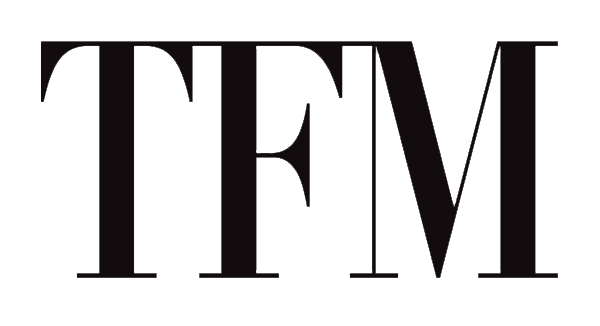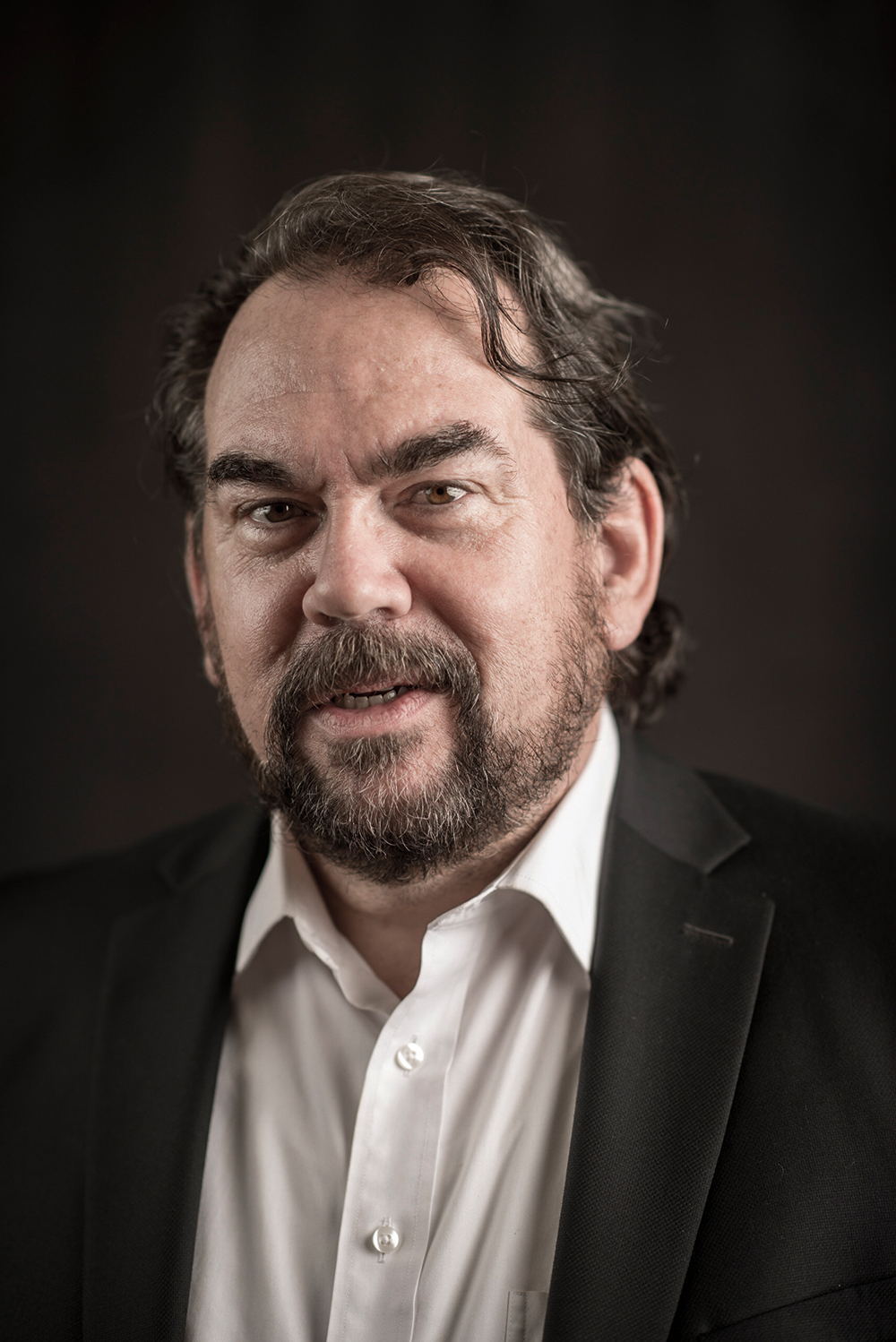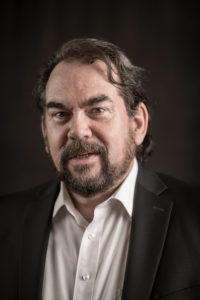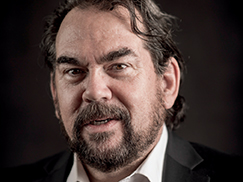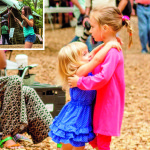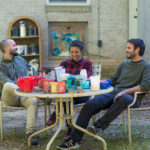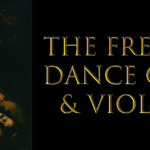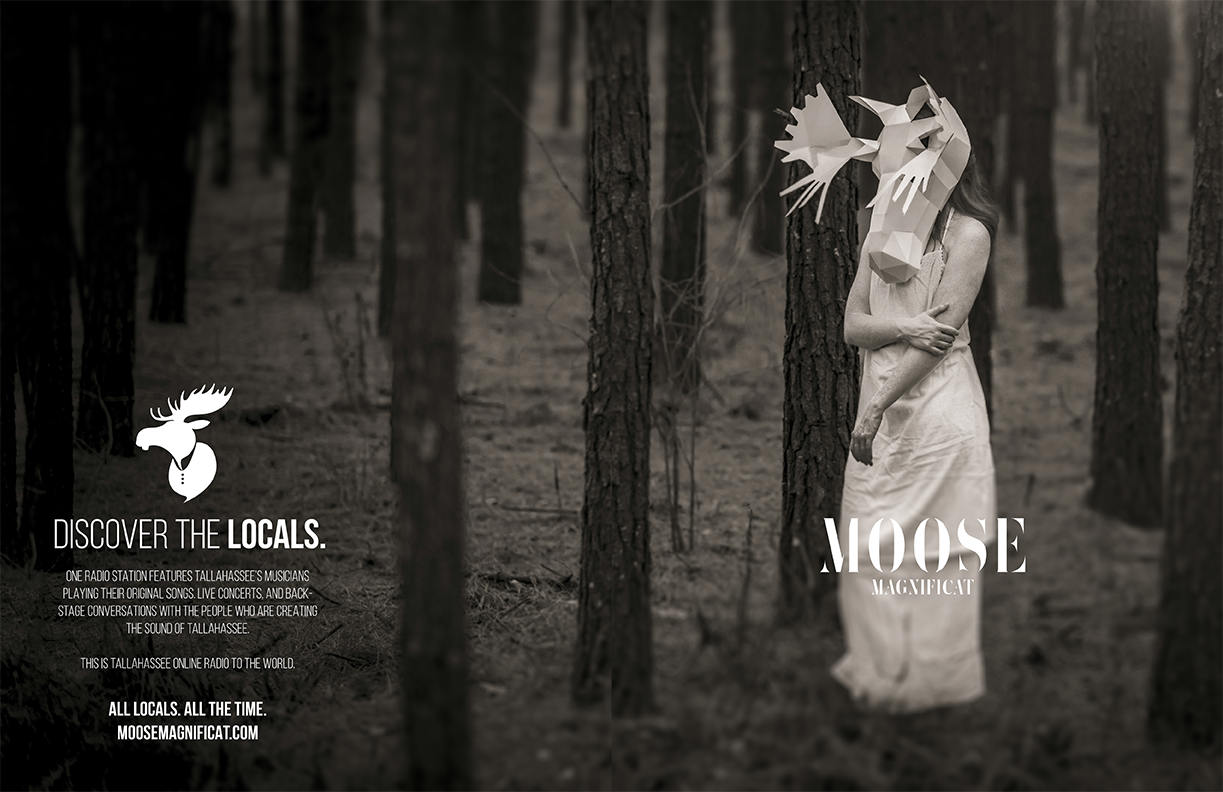It may be difficult for some of us to admit (maybe even painful) but each one of us are the product of our “family of origin.” For better or worse, our family played the biggest role in shaping who we are now and in determining the circumstances that would later lead to where we live, what we do and who we know, and within that context we are inextricably tied to our family’s history.
Our family influenced our attitudes about the things that we think are most important in life. By “influenced” I mean the degree to which we were shaped by familial priorities, the emotional climate, the rules, the schedules and traditions of the family. I also refer to the person who had the biggest influence in our lives, and not necessarily for the good.
To test this, I want you to do something for me. Close your eyes and picture the family you knew as a child. As you do, take note of whether you thought of everyone at once or one person at a time. More clinical than scientific, I have a little theory drawn from my years of practice in marriage and family counseling about what these recollections may reveal about us.
Imagining your entire family as a group may indicate that no one person in your family was more influential than another. In contrast, if you thought of one person first and any others in succession, that one may have been the person who was the most influential, and may have been so for the whole family. Sometimes that one was the “hub” who kept everyone connected and everything on track. Sometimes it was the person who caused the most disruption and demanded the majority of the family’s energies. Regardless, those people and those recollections are all a big part of who we see in the mirror every day.
While we may choose to make changes in what we think and what we do throughout our lifetime, we can’t choose our history. We can choose where we work, where we live and who lives with us, but we can’t choose our past. We can only come to terms with it. Most importantly, we can come to accept who we are in relation to each of them. We can choose how we view that family of origin and decide for ourselves whether it’s all for our good. Even those who were most negative then, we can credit for teaching us who we do not want to be.
If you are like most of us, this “coming to terms with” idea seems far-fetched. With that, let me ask you to try one more thing. Imagine your family to be different than what it was. If you had one parent, imagine your family with two. If you were an only child, can you imagine having one or more siblings? It may be difficult to do, but think about how things would have been different in each of these scenarios. If you grew up in a big family, try to see yourself as the only child and imagine what that would have been like. Would there have been less conflict, or would it have been more stressful? If the one person you fought with a lot had not been there, how would that have changed things?
The point of all of this is our empowerment. It’s about us taking charge of who we are and who we want to be. My contention is that we can best achieve this when we take ownership of the facts and focus on the family for what it was then and how it remains very much alive inside of our thinking now. I believe it is the most meaningful and expedient path to greater self awareness, freedom and fulfillment. Rather than turning away, we can choose to look fully into the face of the family we are.
